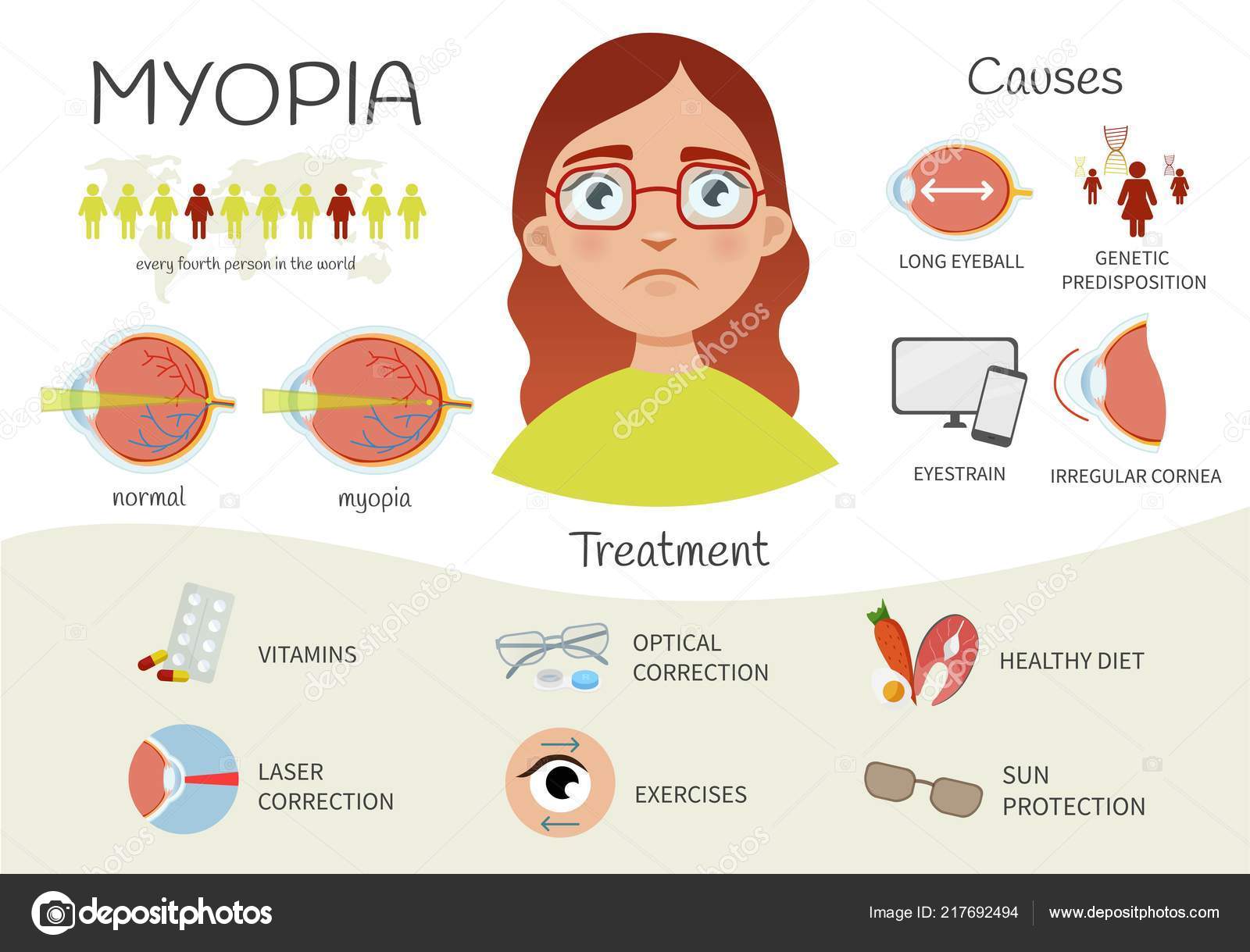Is SMILE Eye Surgical Procedure Suitable For You? Secret Insights And Considerations To Reflect On
Is SMILE Eye Surgical Procedure Suitable For You? Secret Insights And Considerations To Reflect On
Blog Article
Uploaded By-McDowell Patel
If you're pondering SMILE eye surgical procedure, contemplate this: are you prepared to embrace prospective aesthetic flexibility, or does the idea of any kind of threats make you wait? Your decision will certainly hinge on a careful balance of considering the benefits against the unpredictabilities. It's important to dive much deeper right into the nuances of SMILE surgery to make an informed selection that straightens with your visual objectives.
Understanding SMILE Eye Surgical Procedure
When taking into consideration SMILE Eye Surgical treatment, it's important to comprehend the treatment and its benefits. SMILE, which stands for Tiny Laceration Lenticule Extraction, is a minimally intrusive laser eye surgical treatment that remedies usual vision issues like nearsightedness (nearsightedness).
During the treatment, your eye surgeon will certainly make use of a femtosecond laser to create a tiny cut in your cornea. Via this cut, a small disc of cells called a lenticule is removed, reshaping the cornea and remedying your vision.
One of the key advantages of SMILE Eye Surgical treatment is its fast healing time. Numerous people experience enhanced vision within a day or more after the treatment, with minimal pain.
Additionally, SMILE is known for its high success price in giving lasting vision adjustment. Unlike LASIK, SMILE does not need the development of a flap in the cornea, lowering the risk of problems and allowing for a more secure corneal structure post-surgery.
Understanding the treatment and its benefits is important when considering SMILE Eye Surgical procedure for vision modification.
Advantages and disadvantages of SMILE
Thinking About SMILE Eye Surgery for vision correction includes numerous benefits and potential drawbacks.
Among https://postheaven.net/duncan7terisa/life-after-laser-vision-improvement-what-to-anticipate-and-also-how-to of SMILE is its minimally invasive nature, as it includes a tiny cut and typically leads to quick recuperation times. The treatment is likewise recognized for creating minimal discomfort and dry eye signs post-surgery compared to other vision correction approaches. Furthermore, SMILE has been revealed to offer superb aesthetic results, with numerous clients accomplishing 20/20 vision or far better.
On the other hand, a prospective con of SMILE is that it may not be suitable for people with serious refractive errors, as the treatment range is somewhat restricted contrasted to LASIK. Cataract Surgery No Glasses to consider is that the learning contour for cosmetic surgeons applying SMILE can influence the accessibility of experienced service providers in certain areas.
It is very important to evaluate these benefits and drawbacks carefully when choosing if SMILE is the appropriate selection for your vision modification requirements.
Identifying Qualification for SMILE
To determine if you're eligible for SMILE eye surgical treatment, your ophthalmologist will carry out an extensive analysis of your eye wellness and vision demands. During https://collegian.com/2020/10/category-news-ramride-substitutes-volunteer-model-with-lyft-partnership-for-fall-semester/ , aspects such as the stability of your vision prescription, the thickness of your cornea, and the total health of your eyes will be assessed.
Normally, candidates for SMILE more than 22 years of ages, have a stable vision prescription for at the very least a year, and have healthy and balanced corneas without conditions like keratoconus.
Your eye doctor will certainly also consider your overall eye health and wellness, any kind of existing eye problems, and your lifestyle needs to identify if SMILE is the ideal option for you. It's necessary to communicate any type of particular aesthetic requirements or worries you might have during this assessment to ensure that the treatment lines up with your assumptions.
If you aren't qualified for SMILE, your eye doctor might recommend alternate vision adjustment options that far better match your private demands and eye wellness standing.
Conclusion
Eventually, determining whether SMILE eye surgical treatment is right for you calls for careful consideration of your individual eye health and wellness and aesthetic needs. Speak with your eye doctor to determine your eligibility for the treatment and weigh the possible benefits and drawbacks. Bear in mind to connect any type of worries or questions you might have during the assessment procedure to make an educated choice regarding your vision adjustment options.
